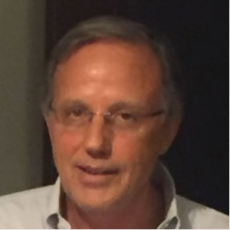Seminars from the 2023/24 series
November 8th, 2023
Nilanjana Datta (University of Cambridge)
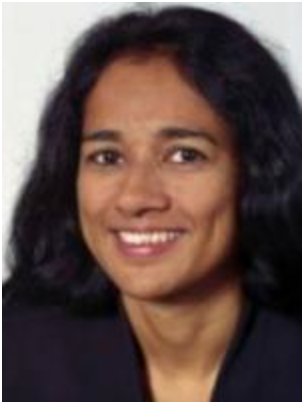
Universal proofs of entropic continuity bounds via majorization flow
We employ majorization theory to obtain a powerful tool for deriving simple and universal proofs of continuity bounds for various entropies which are relevant in information theory. In obtaining this, we first state a more general result which may be of independent interest: a necessary and sufficient condition under which a state maximizes a concave, continuous, Gateaux-differentiable function in an epsilon-ball in trace distance. Examples of such a function include the von Neumann entropy, Renyi entropies, and the conditional entropy. In particular, by introducing a notion of majorization flow, we prove that the alpha-Rényi entropy is Lipschitz continuous, for alpha greater than 1, thus resolving an open problem and providing a substantial improvement over previously known bounds. This is joint work with Eric Hanson.
December 13, 2023
Marco Merkli (Memorial University of Newfoundland)
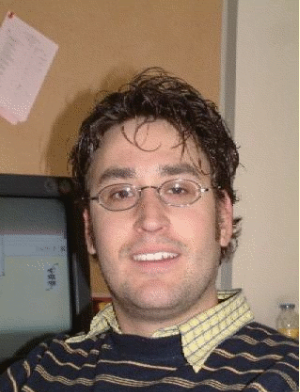
Open quantum system dynamics and metastability
We consider the paradigmatic model of an open quantum system, an N-level system in contact with a thermal Bose field (reservoir) and study the evolution of the system-reservoir complex. We show that under suitable conditions the ubiquitous Born and Markov approximations -- that is, the markovian master equation -- can be proven to hold on all time scales. In case there is correlation between the system and the reservoir in the initial state, our results show that the markovian master equation is still valid, that the correlations decay in time and that after the decay, the Born approximation becomes valid. We will explain the results first and then present the main ideas of the mathematical methods used to show them. We will focus in particular on the dynamical resonance theory, which describes the effective dynamics of the N-level system in terms of metastable states (slowly decaying in time) arising from perturbation of unstable bound states of the non-interacting system-reservoir complex.
January 10th, 2024
Hal Tasaki (Gakushuin University)

What is thermal equilibrium and how do we get there? --- Typicality and thermalization in isolated macroscopic quantum systems
I discuss the foundation of equilibrium statistical mechanics based on the quantum mechanics of isolated macroscopic systems. After clarifying what the equilibrium statistical mechanics is all about, I will present the modern understanding that thermal equilibrium should be regarded as a property (or a collection of properties) that an overwhelming majority of legitimate physical states share. This typicality picture is supported by firm mathematical considerations and (in my opinion) now has been accepted by a majority of experts. I will then turn to the much more difficult (and largely unsolved) question of thermalization, i.e., the approach to thermal equilibrium by means of the quantum-mechanical unitary time evolution. I will discuss general scenarios of thermalization based on the ETH (energy eigenstate thermalization hypothesis) or the hypothesis of a large effective dimension. I will finally discuss my recent result with Naoto Shiraishi on a fully rigorous example of thermalization in (unfortunately) a free fermion chain. The main part of the talk is based on the work of various authors. The references can be found in the following two papers of ours. https://arxiv.org/abs/1507.06479 https://arxiv.org/abs/2310.18880.
February 21st, 2024
Fumio Hiroshima (Kyushu University)
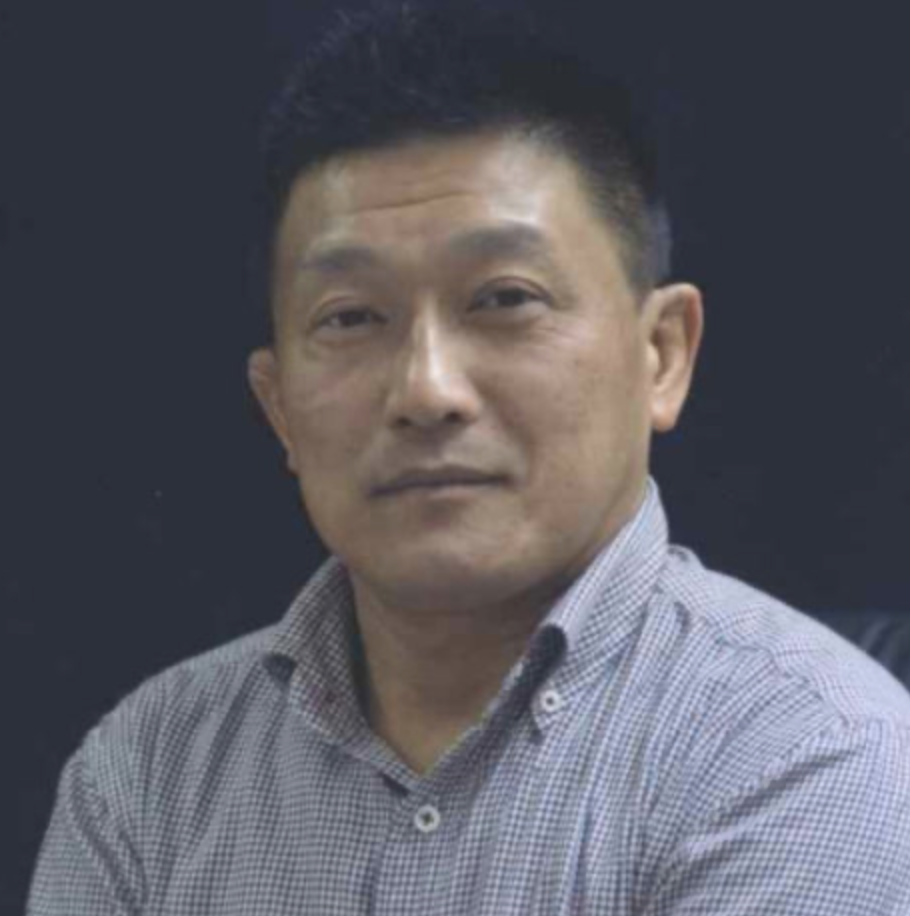
Renormalized spectral zeta function of Rabi model
Link to the abstract.
March 13th, 2024
Søren Fournais (University of Copenaghen)
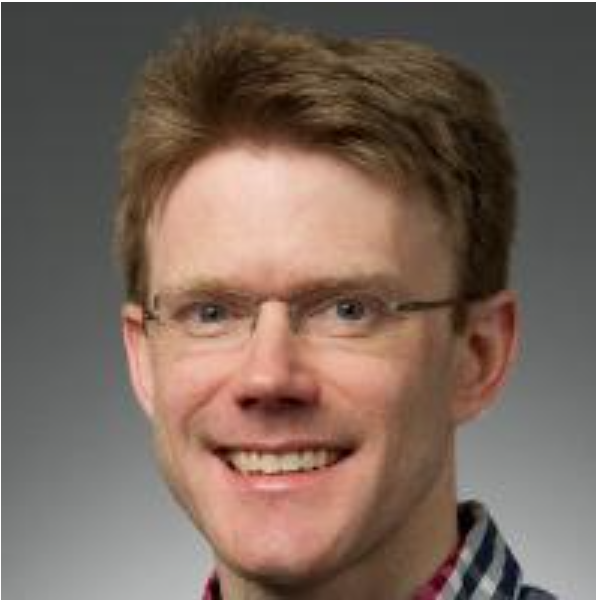
The dilute Bose gas at positive temperature
In this talk, I will report on recent work concerning the free energy of the dilute Bose gas in the case of strong interactions. In particular hard sphere potentials are allowed. When combining recent progress on Neumann bracketing for this many-body problem with the “completion-of-the-square” approach used previously on the hard-sphere case at zero-temperature, one obtains a short and simple proof of a lower bound for the free energy in the dilute limit up to temperatures of magnitude ρ a. Here ρ is the particle density and a is the scattering length of the interaction. This is joint work with T. Girardot, L. Junge, L. Morian, M. Olivieri, and A. Triay.
April 24th, 2024
Alessandro Teta (Sapienza Università di Roma)
Many-particle systems with contact interactions
Quantum Hamiltonians with contact (or zero-range) interactions are useful models to analyze the behaviour of quantum systems at low energy in different contexts. In this talk we discuss recent mathematical results on the construction of such Hamiltonians for a system of $N \geq 3$ interacting bosons in dimension three as self-adjoint and lower bounded operators in the appropriate Hilbert space. We will also show the connection with a previous result obtained by Albeverio, Hoegh-Krohn and Streit in 1977 and we will discuss possible applications to the Efimov effect.
The talk is based on a series of works in collaboration with G. Basti, C. Cacciapuoti, D. Ferretti, R. Figari, D. Finco and H. Saberbaghi.
May 29th, 2024
Simone Warzel (TUM Munich)
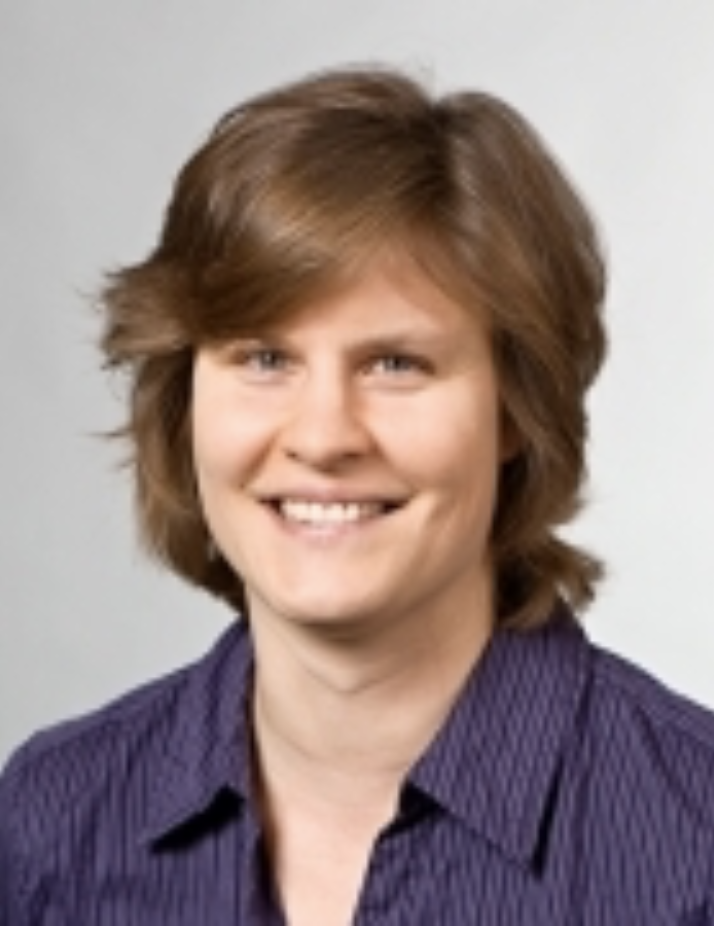
Towards a mathematical description of quantum spin glasses
Classical spin-glass models such as Sherrington-Kirkpatrick's are paradigms for complex disordered systems. In 1980, Parisi described their thermodynamic behaviour using a novel order parameter that captures the emergent hierarchical spin-glass order at low temperatures. The fate of this low-temperature phase with respect to quantum effects induced, e.g., by a transverse magnetic field is a fundamental question.
In this talk, I will report on recent progress in the mathematical description of such quantum glasses. In particular, I will describe what a quantum version of Parisi's famous variational formula looks like.
